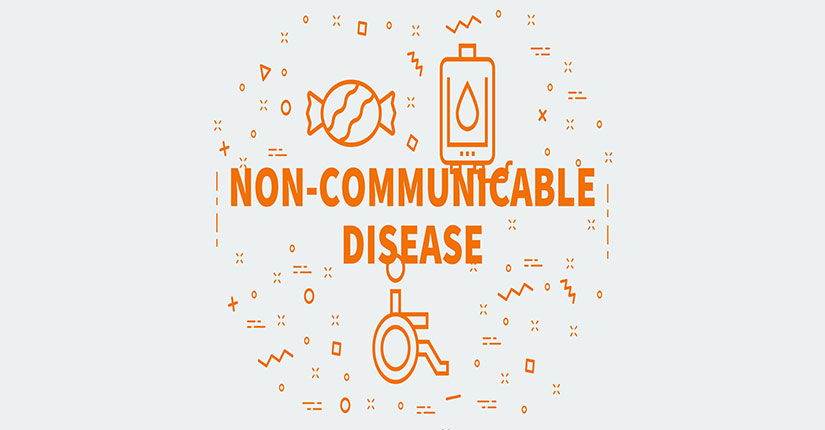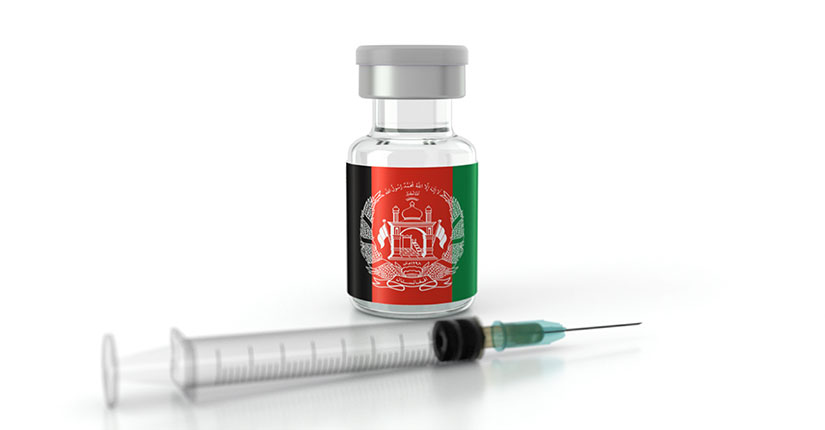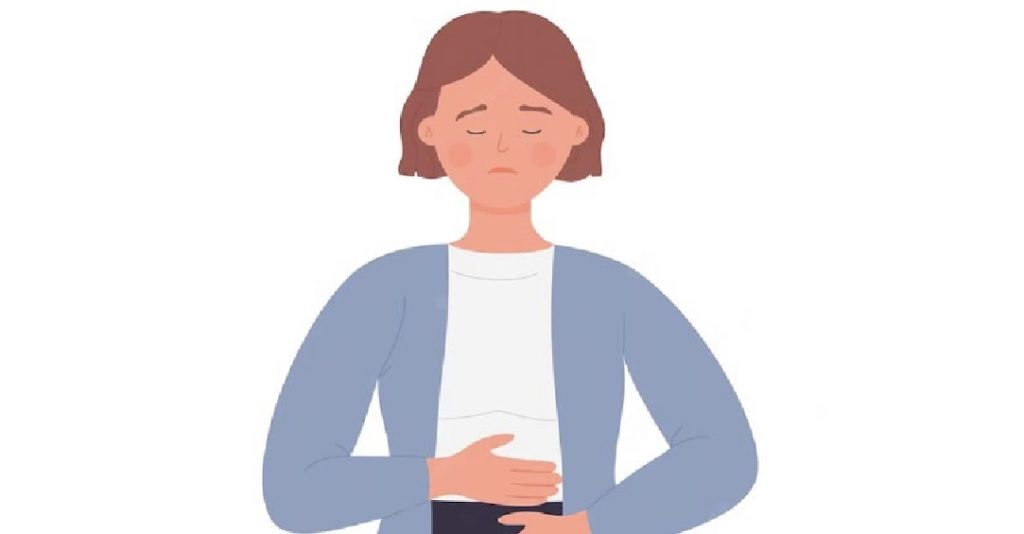WHO Tweeted About What Can We Do To Avoid Non-Communicable Diseases
By Nmami Agarwal 20-Apr 2022 Reading Time: 3 Mins

Non-communicable diseases such as heart and lung diseases, stroke, cancer, and diabetes, are diseases that cannot be transmitted from one person to other. But they are still very life-threatening and need the utmost care and attention. According to the World Health Organisation, these diseases are the world’s biggest killers responsible for 7 out of every 10 deaths worldwide.
What Can We Do To Avoid Non-Communicable Diseases:
- Follow Medical Advice: regular follow-ups and checkups with doctors can help prevent such diseases, and they can be diagnosed at early stages for better treatment.
- Stay Physically Active: physical activity prevents diseases to a large extent, as the body functions well when active and moving.
- Get Vaccinated: the vaccine is a barrier to these diseases and a powerful dose for immunity. Being vaccinated can prevent non-communicable diseases with greater possibility.
- Breastfeed: Breastfeeding is called the first vaccine for the baby as it contains antibodies that are tailored to help the baby fight infections circulating in your environment.
People of all age groups, regions, and countries are affected by NCDs. These conditions are often associated with older age groups, but evidence shows that more than 15 million of all deaths attributed to NCDs occur between the ages of 30 and 69 years. Of these “premature” deaths, 85% are estimated to occur in low- and middle-income countries. Children, adults, and the elderly are all vulnerable to the risk factors contributing to NCDs.
Risk Factors Of Non-Communicable Diseases Include:
- Tobacco
- Alcohol
- Unhealthy diet
- Physical inactivity
- Air pollution
An important way to control NCDs is to focus on reducing the risk factors associated with these diseases. Low-cost solutions exist for governments and other stakeholders to reduce the common modifiable risk factors. Monitoring the progress and trends of NCDs and their risk is important for guiding policy and priorities. To lessen the impact of NCDs on individuals and society, a comprehensive approach is needed requiring all sectors, including health, finance, transport, education, agriculture, planning, and others, to collaborate to reduce the risks associated with NCDs, and to promote interventions to prevent and control them.
Over To You:
Non-communicable diseases are preventable, so why not increase the quality and quantity of our life with better lifestyle management. So, avoid the risk factors to prevent these diseases.





















